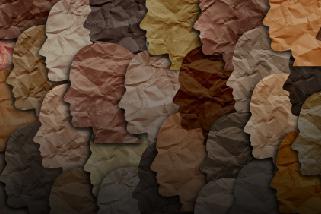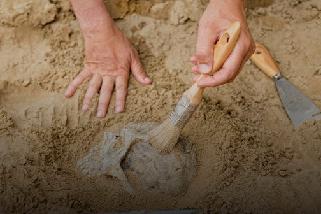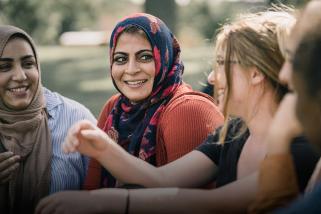The programs housed within the Social Sciences Division focus on understanding humans,
societies, and cultures, both present and past, but by using different tools of measurements
and perspectives.
History uses artifacts to understand human behavior in the past. Psychology is the
study of human behavior. Anthropology studies what makes humans human. Sociology is
the study of human societies. Political science studies human government and politics
and the behaviors within those systems. Criminal justice studies humans’ criminal
justice systems and behaviors within the criminal justice system.
The programs offer a diverse variety of topics certain to pique interests, including
different ethnic and cultural groups, different age groups, different ways to understand
prejudice and discrimination, social justice, and more. The courses offer opportunities
for active hands-on learning, such as through debates, discussions, demonstrations,
data analysis, and more. The programs also offer many high-impact practices, such
as internships, student-faculty research and conferences, and more. Each program also
devotes courses to necessary skills for entering the job market, such as effective
written, oral, and visual communication skills; data analytic and/or quantitative
skills; and critical thinking and critical inquiry skills.
Our programs not only provide students a broad, liberal arts education applicable
to students’ careers regardless of their field of choice but also paths to real-world
careers, such as in business, human and social services, law, mental health, research,
and more.




















